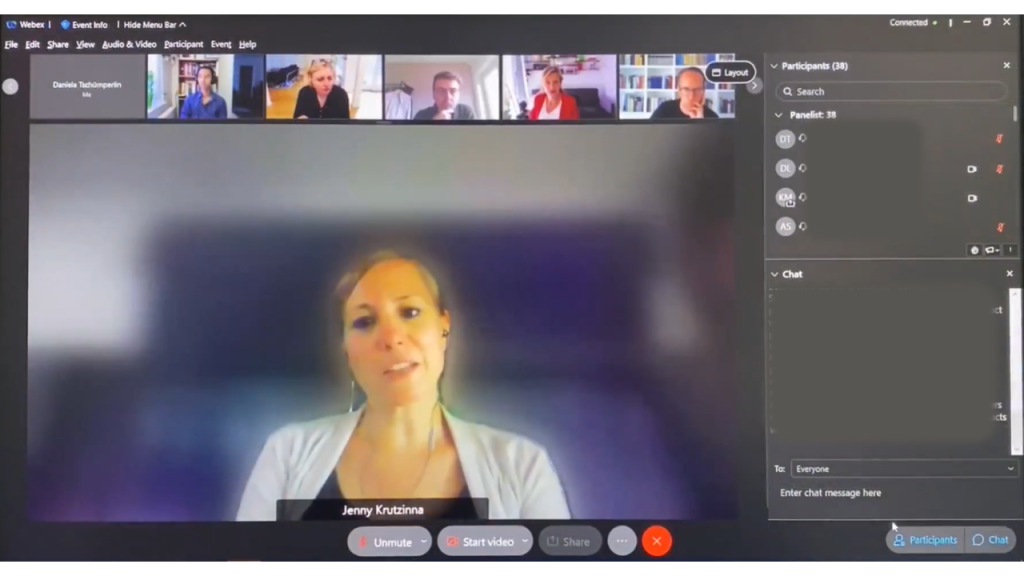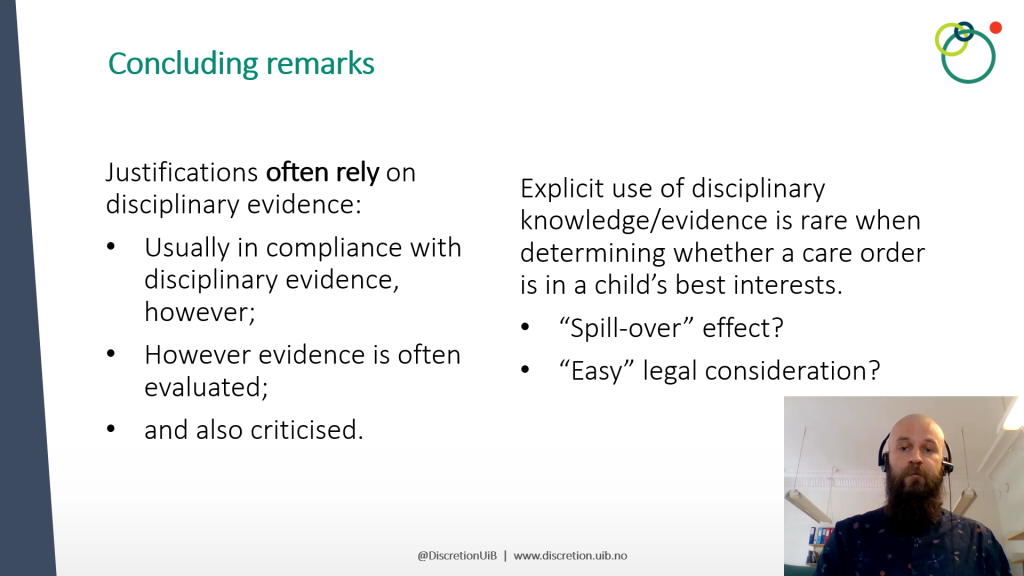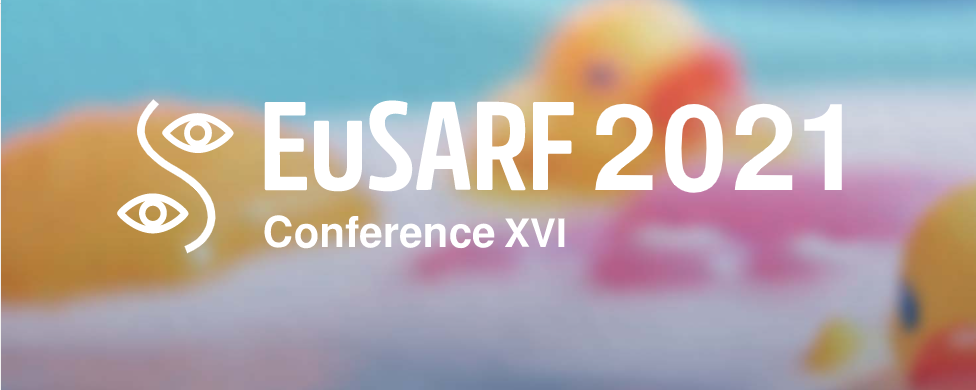The European Scientific Association on Residential and Family Care for Children and Adolescents (EuSARF) organized its 16th Conference on September 1st-3rd. The DIPA-centre contributed to several sessions with new insights on child protection interventions.
While COVID-19 restrictions prevented physical attendance in Zürich, Switzerland, the pandemic did not prevent us from sharing new and exciting research on children’s rights and child protection! By pre-recording videos and tuning in to the conference’s digital live events, the DIPA-centre joined leading international experts on child and family welfare in plenary lectures, symposia, networking events and much more. In a live session, Director of DIPA Marit Skivenes and adjunct professor Jill D. Berrick presented their upcoming book Child Protection Systems: A Global Typology and Senior Researcher at DIPA, Jenny Krutzinna, and DIPA affiliate, Katrin Križ, partook in an important discussion on Decision-making and participation of children in the child protection system.

“EuSARF presents a unique forum for international academic and practice-based exchange on a broad range of topics relating to child protection. As a leading research Centre in this field, we value the opportunity to present our research, to engage in meaningful discussions with colleagues, and to learn from one another on the path towards our shared goal of improving the lives of children and their families.”
Jenny Krutzinna
In addition to engaging in these live sessions, work in progress papers were submitted as prerecorded videos. PhD candidate Audun Løvlie presented his upcoming paper Disciplinary evidence in Norwegian care order cases. Løvlie provided several interesting preliminary findings:
- Child protection services use experts more frequently than do County Social Welfare Boards and parents.
- Care order decisions often include expert knowledge from child protection services, psychologists and the welfare support system.
- The use of expert knowledge varies. More often than not this knowledge is used to argue for child abuse and/or neglect, the risk of child abuse and/or neglect, than whether assistance and relief measures would be helpful, or if a decision is in the child’s best interest.
- Expert knowledge is frequently evaluated by the County Social Welfare Boards, who are often critical to expert reports and testimonies.

The following work-in-progress papers were also submitted to the online portal and are available as pre-recorded videos for paid and registered delegates:
- Jill D. Berrick: Children’s rights and parents’ rights: Popular attitudes about balanced decision-making.
- Audun Løvlie: Justifying best interest interventions in Norwegian child protection cases on violence in migrant and non-migrant families.
- Øyvind Tefre: Errors and mistakes in child protection. International approaches and strategies to strengthen the perspective and rights of the child: Child perspective errors in the Norwegian child protection system.
- Jenny Krutzinna: Discretionary reasoning in child protection in child protection.
For more information about the conference, please visit: EUSARF 2021 – Conference XVI “The Perspective of the Child”

